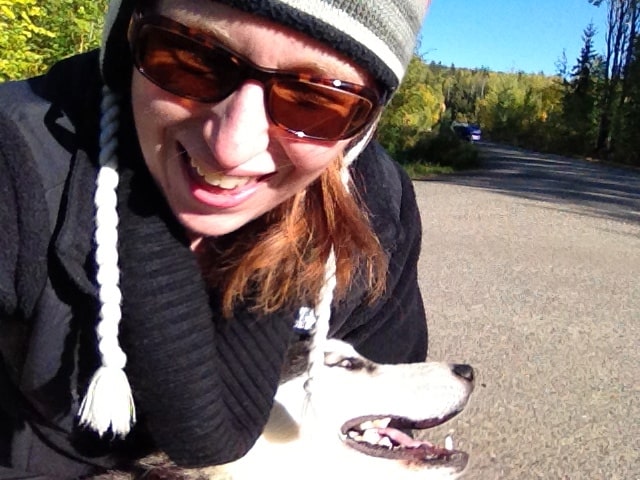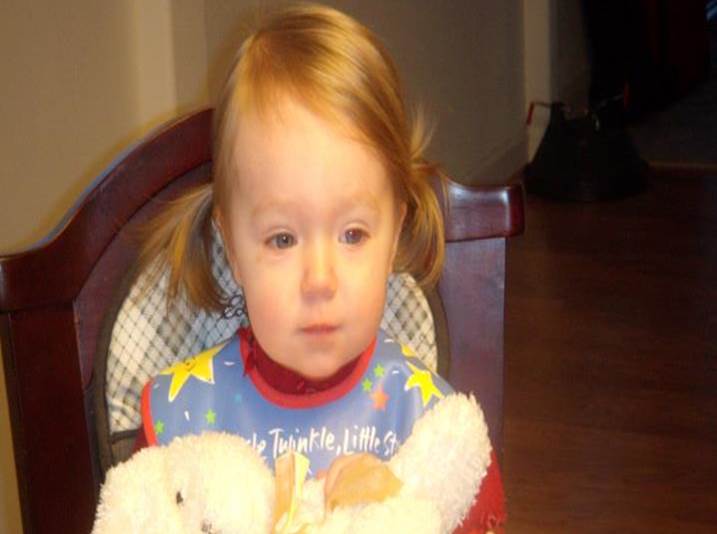My Guilt and its Impact on Caregiving

Recently, I presented a workshop on “Caring for the Caregiver” to a group of parents and guardians of children and young adults with disabilities. As the title implies, the workshop was focused on the caregivers themselves. This is a difficult topic, seeing that most of the time, we as caregivers are so entrenched in caring for another person, we do not have time to think of ourselves. Often times, we focus so much on the needs of others, we do not think about resetting and recharging ourselves, and soon, we find ourselves crippled and overwhelmed under the strain of caregiving. Why do we do this to ourselves?
In my presentation, I first focus on identifying the emotions surrounding the idea of caregiving, especially caring for our own children with disabilities. I find myself saying cliché things like “Let’s talk about how we feel.” It is one of the hardest things to admit: how we feel about caregiving. I show a slide of several emotions, which include guilt, inadequacy, fear, and hopelessness. I see the caregivers nod their heads, some almost paralyzed like I just found out their deep, dark, dirty secrets. I know, because at one point or another, I have felt those feelings too. I share my story, because as uncomfortable as it may be to admit, caring for a child with a disability is not easy. In fact, some days, it almost seems impossible.
Guilt. As a mother with a child diagnosed with autism, this emotion runs deep in me. It started the day after my daughter was diagnosed when she was 3 ½ years old. The first thing that the doctor said to me was, “Don’t worry, Mom. This isn’t your fault.” It did not sink in until the next day. My fault? Maybe it was my fault? Like most parents, I jumped right into research. What was autism? What causes it? What is the cure? Repeatedly, I read that “refrigerator mothers” use to be blamed for their children having autism. Refrigerator mother? A mother who was cold and indifferent to her children? That was definitely not me, but what other things “caused” autism that could be my fault? I began to analyze anything and everything that went into my mouth while I was pregnant- food, prescribed medicines, maybe I drank one too many coffees. Maybe it was all the stress that surrounded the beginning of my pregnancy. I had just moved into a newly remodeled house; maybe it was all the new carpet, paint, and other construction products. Every time a new study came out revealing the latest potential cause of autism, I read and analyzed it to pieces. In my mind, no matter what anyone says, I caused my daughter’s autism.
The caregiving workshop soon became a confessional; I let out all of those guilty thoughts. I realized that I was breaking through to the participants; I locked eyes with many moms whose faces revealed that I was not the only one in the room who had these thoughts. I know that this guilt underlies all the other emotions that caregivers have, whether they admit it or not. It is what pushes some of us to wake up at wee hours to drive our kids to therapy before school or spend countless hours coordinating schedules with therapists and schools to make sure that our kids have the very best. We seem like the most incredible mom in the world, because you feel that you have to work 10 times harder than everyone else to prove your worth. Why? Because, I did this to my child, and now, I have to do everything I can do to help her.
Many parents take for granted that their children can talk and want to interact with them, just like babies usually learn to do. They probably do not get offended when someone uses the word “normal” to describe a person. They probably do not worry that their child will run away and not be able to tell someone their name or phone number. They do not cringe when a stranger approaches waiting to hear “What is wrong with her?” Or, dying inside when a well-meaning person says, “She doesn’t look like she has autism. She looks normal.” Will she know if someone is bullying her? Will she know if someone is making fun of her or horror of horrors calls her the “R” word?
I spend most of my day in angst that something will happen to my child, and I will not be able to get to her and help her. The guilt is swept under the rug and covered up by a wave of other emotions: fear, anxiety, and inadequacy. When I think that I might explode from the inner turmoil that is boiling right under the surface, my daughter will look at me, smiling, and say, “I love you, mom!” When I see her smile and hear her laugh, nothing else matters.


